- Paramyxovirus
- Other Coronaviruses
- Trematodes
Cambodia,
Habitats we study
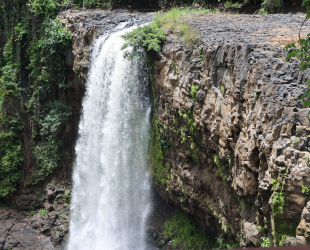
Pristine

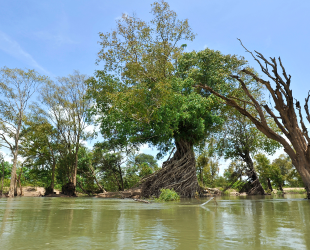
Fragmented

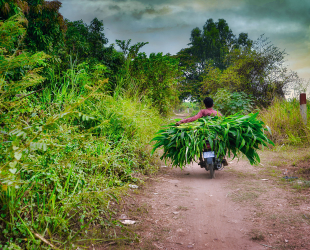
Intensive Agriculture


Urban

Key Pathogens
we explore
Key Hosts and Vectors we work on
Environmental
- Water
- Soil
- Sediments
Wildlife
- Rodents
- Fish
- Others
Bats
- Insectivores
Domestic animals
- Dogs
- Cats
Humans
- Adults (20-50 years old) Woman 46%
Our work in Cambodia
Sampling
Microbiome Analysis
SIR model
ABM Model
Three ABMs will be co-constructed with local communities, enriched by experts, and involve a computational representation of critical species and humans.. In Cambodia, the Mekong Region Simulator (MerSIM) model will adapted to simulate the region's ecosystem and feed information directly into the ABM.
Landscape Model
Focusing on external drivers and transmission dynamics to simulate both human pathogen transmission and the movements of intermediary host species (e.g. civets).
Cambodian Workshops and News
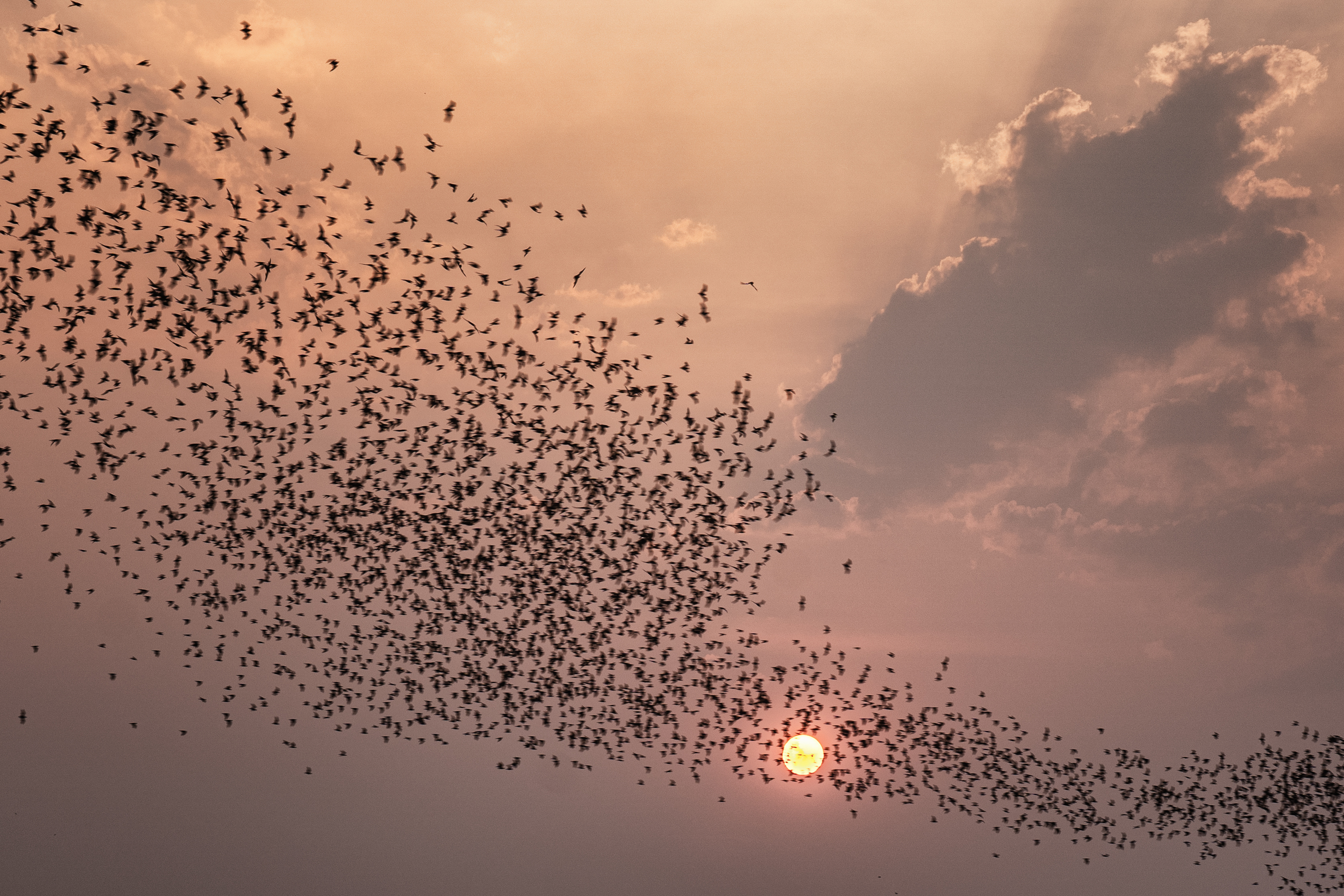
Conservation in Cambodia and Guinea with Fauna & Flora
A few months ago, we had the opportunity to meet with Sothearen Thi, Karst Biodiversity Coordinator, and Manita Hem, Communications Officer, representing Flora & Fauna, one of the key partners in the BCOMING project in charge pf piloting biodiversity conservation strategies in some of our biodiversity hotspots. Today, we wanted to share with you some of the insights they shared with us during our discussion.

Exploring the Microbiome: Insights into Biodiversity and Disease with Université de Liège
In today's interview, we speak with Pauline Van Leeuwen, a postdoctoral researcher at the University of Liège, about her work on microbiome profiling within BCOMING. Pauline’s research focuses on understanding how microbial communities in wildlife, particularly bats and rodents, influence disease emergence. She shares insights into her analysis of microbiome diversity, the significance of studying Rhinolophus bats, and the potential implications of her findings for biodiversity, public health, and environmental policies. Join us as we explore the critical role of microbiomes in shaping disease dynamics.
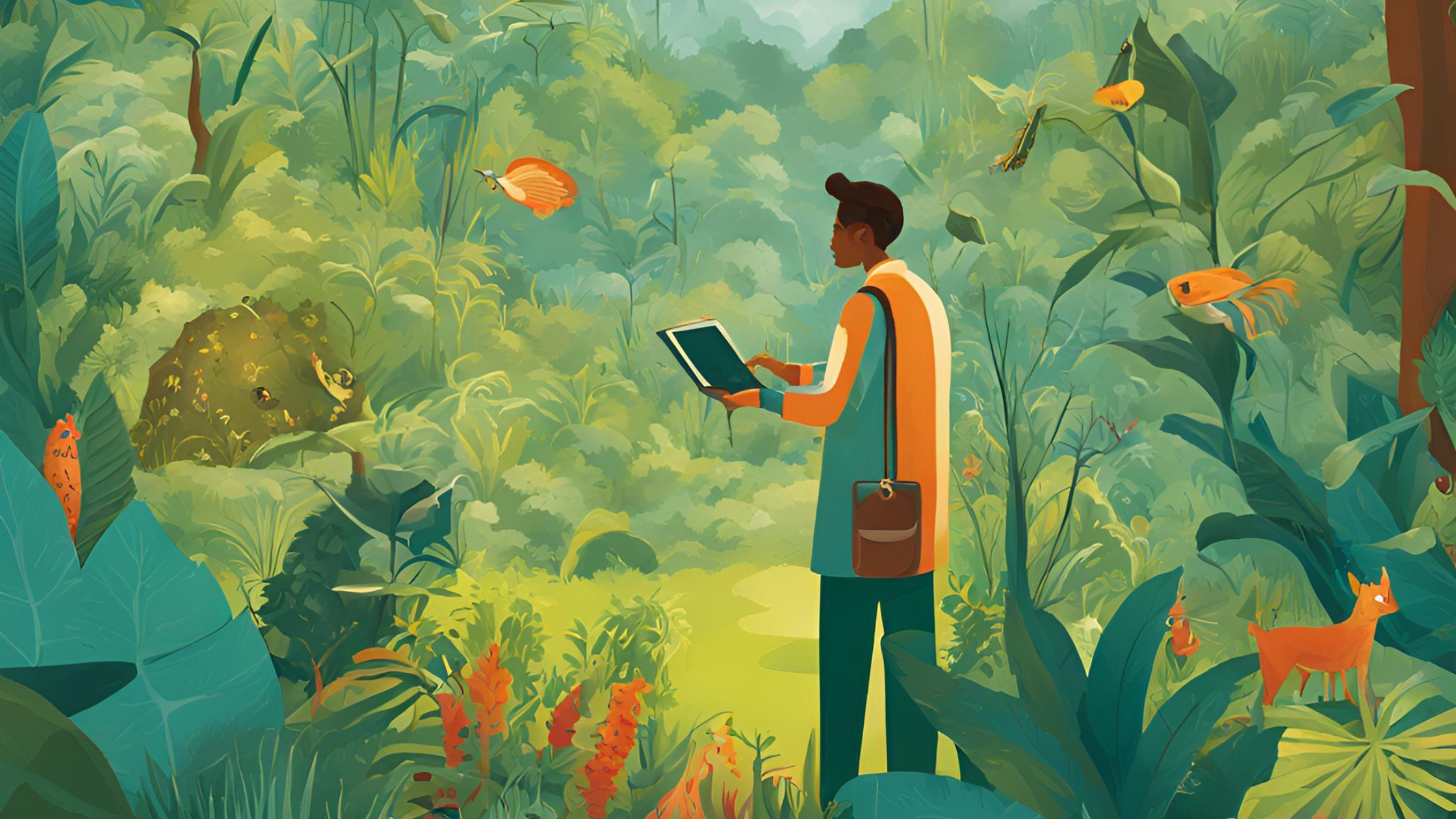
Understanding Disease Risk Through Biodiversity: Insights from IRD's work
In our latest interview with Professor Rodolphe (Rudy) Gozlan, Director of Research and Professor in Conservation Ecology at the Institut de Recherche pour le Développement (IRD), he shared with us some fascinating insights about IRD's work in the BCOMING project. The conversation centred on how their work is helping to identify the links between biodiversity and disease risk, with a particular focus on Cambodia, as well as other regions such as Guinea, Ivory Coast, and Guadeloupe.
Local
contact
